Papal Conclave: A Detailed Look At The Election Of The Pope
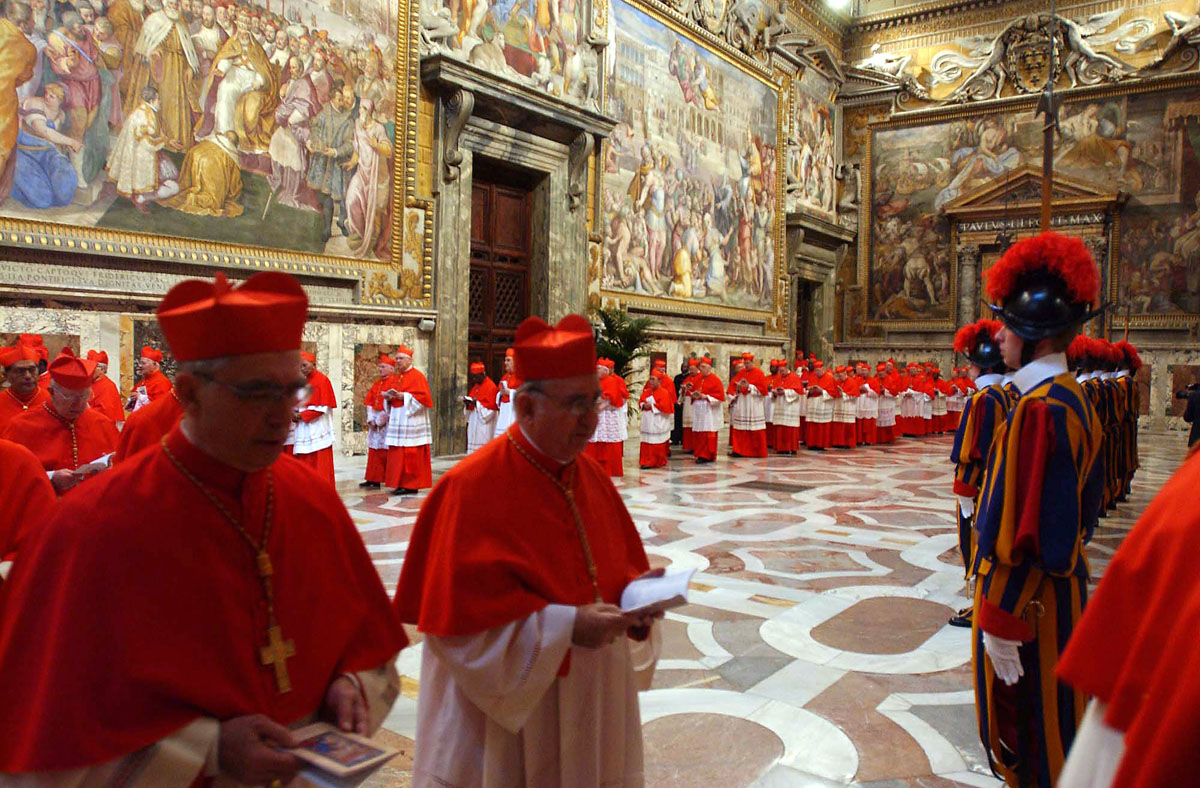
Table of Contents
History and Evolution of the Papal Conclave
The election of the Pope has undergone a dramatic transformation throughout history. Early Papal elections were often chaotic affairs, heavily influenced by political machinations and lacking the formalized procedures we see today. Powerful families and secular rulers frequently exerted considerable influence, leading to contentious and sometimes violent power struggles.
The evolution towards a more structured process was gradual. Over time, various attempts were made to regulate the election, culminating in the development of the Conclave itself. This involved establishing specific rules and regulations designed to minimize external influence and ensure a more orderly selection.
- Early Papal elections: Characterized by intense lobbying, bribery, and even violence. The outcome often depended more on political maneuvering than spiritual considerations.
- The establishment of the Conclave: The formalization of the Conclave aimed to create a more secluded and controlled environment for the election. This gradually reduced the impact of external pressures.
- Key reforms: The 1975 Apostolic Constitution Romano Pontifici Eligendo, promulgated by Pope Paul VI, introduced significant changes to the Conclave process, including limiting the number of electors and streamlining the voting procedure. This reform aimed to modernize the process while maintaining its core traditions.
- Historically significant conclaves: The conclaves of 1455 (resulting in the election of Callixtus III) and 1513 (leading to the election of Leo X) highlight the historical impact of papal elections on the political and religious landscape of their times. Studying these historical examples provides valuable insights into the complexities of the Conclave throughout different eras.
The Role of the Cardinals
The College of Cardinals, comprised of Cardinal Bishops, Cardinal Priests, and Cardinal Deacons, holds the sole responsibility for electing the Pope. This esteemed body of clergy advises the Pope and governs the Church in his absence ( sede vacante). The Cardinals are chosen by the reigning Pope for their theological expertise, pastoral experience, and unwavering commitment to the Church.
- Cardinal electors: Only Cardinals under the age of 80 are eligible to vote in the Conclave. This ensures a balance between experience and a connection to contemporary Church matters.
- Responsibilities of Cardinals during the Conclave: Cardinals are bound by a strict oath of secrecy and are responsible for conducting the election with utmost integrity and fairness.
- The importance of their collective decision-making process: The Conclave underscores the collegial nature of Church governance, emphasizing shared responsibility and the importance of consensus-building.
- The significance of maintaining secrecy: Secrecy is paramount to ensure that the election is free from undue external influence and that the cardinals can deliberate freely and without pressure.
The Conclave Process: Step-by-Step
The Papal Conclave is a meticulously orchestrated procedure. Following the death or resignation of a Pope (sede vacante), a period of preparation ensues before the cardinals convene. The process is as follows:
- The sede vacante period: This period witnesses the administration of the Church being handled by the Cardinal Camerlengo until a new Pope is elected.
- The preparations leading up to the Conclave: This involves logistical arrangements, security protocols, and the confirmation of eligible electors.
- The voting process: Secret ballots are used, and the election requires a two-thirds majority. Multiple rounds of voting may be necessary until a candidate secures the required votes.
- The announcement of the new Pope: The iconic phrase "Habemus Papam!" ("We have a Pope!") signals the successful conclusion of the Conclave, immediately followed by the announcement of the new Pontiff’s name.
Secrecy and the Papal Conclave
The secrecy surrounding the Papal Conclave is a cornerstone of the process. It is designed to protect the cardinals from external pressures and ensure the integrity of their deliberations.
- Strict rules regarding communication and outside contact: Cardinals are completely isolated from the outside world, with all communication strictly controlled.
- The role of security personnel: Rigorous security measures are in place to maintain the confidentiality of the proceedings.
- The historical reasons behind the emphasis on secrecy: Historically, secrecy aimed to prevent political interference and ensure the election was determined by spiritual considerations rather than political expediency.
The Significance of the Papal Conclave
The Papal Conclave is more than just an election; it is a deeply symbolic and important event.
- Leadership transition within the Catholic Church: The Conclave ensures the seamless continuation of leadership within the Church.
- Global impact on Catholic communities worldwide: The election of a new Pope has profound implications for Catholics across the globe, shaping the Church’s direction and influencing its pastoral approaches.
- The importance of selecting a spiritual leader to guide the Church: The process is ultimately about choosing a spiritual leader to guide and inspire the global Catholic community.
Conclusion:
The Papal Conclave, a process steeped in history and tradition, remains a crucial event for the Catholic Church. Its intricacies, from the historical evolution of its procedures to the modern-day emphasis on secrecy and the global impact of its outcome, highlight its profound significance. Understanding the Papal Conclave provides a vital window into the governance and spiritual heart of the Catholic world. To further explore this fascinating subject, continued research into the intricacies of the Papal Conclave and its historical context is strongly recommended.

Featured Posts
-
 Smfg Eyeing Yes Bank Analyzing The Potential Acquisition
May 07, 2025
Smfg Eyeing Yes Bank Analyzing The Potential Acquisition
May 07, 2025 -
 Donovan Mitchell Asks Fans A Question On Talking Heads With Ashley Holder
May 07, 2025
Donovan Mitchell Asks Fans A Question On Talking Heads With Ashley Holder
May 07, 2025 -
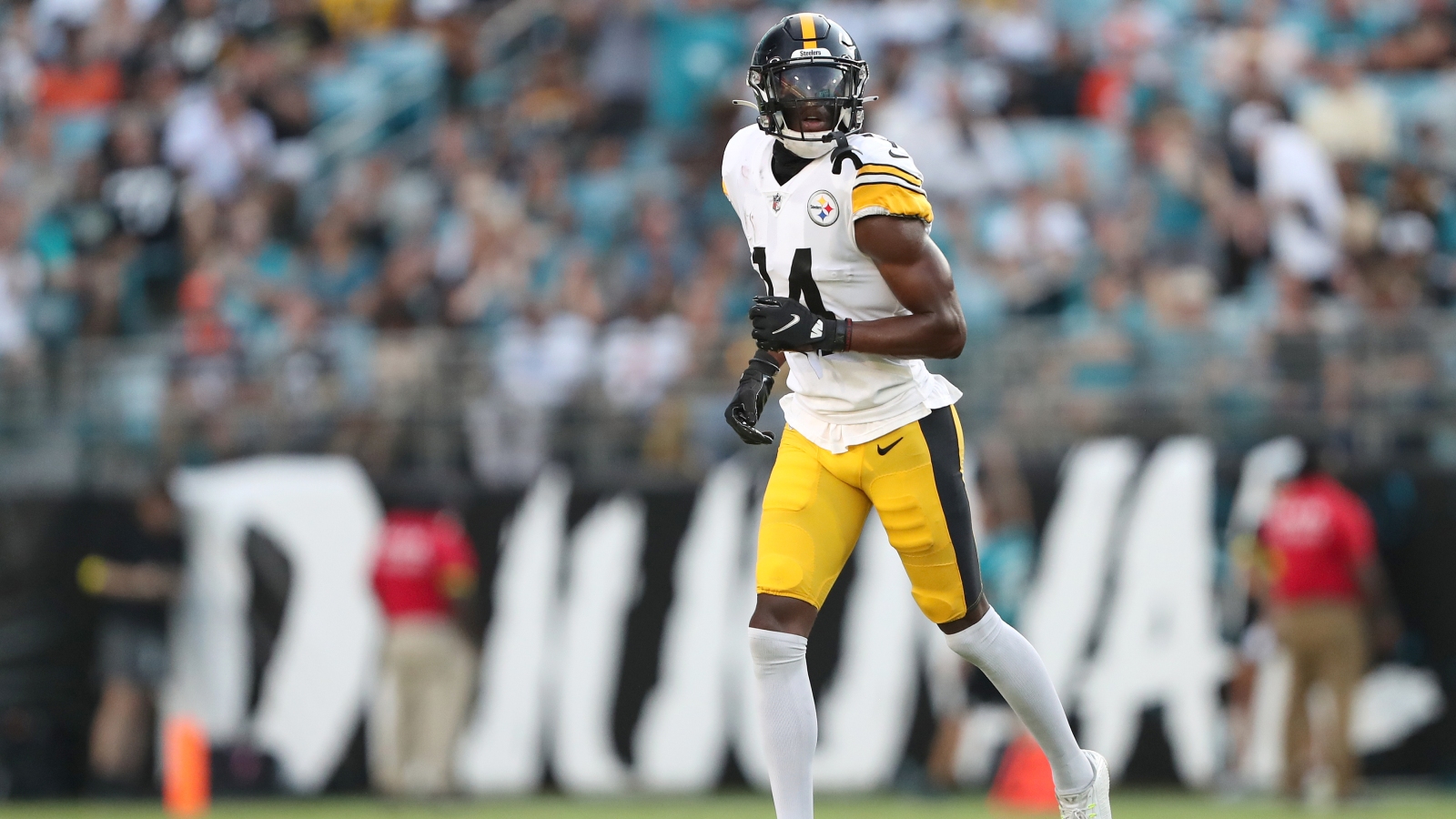 Addressing George Pickens Catching Concerns
May 07, 2025
Addressing George Pickens Catching Concerns
May 07, 2025 -
 Will Xrp Reach 5 By 2025 An In Depth Analysis
May 07, 2025
Will Xrp Reach 5 By 2025 An In Depth Analysis
May 07, 2025 -
 Atfaqyt Laram Wimbratwr Lzyadt Tdfq Alsyah Ila Albrazyl
May 07, 2025
Atfaqyt Laram Wimbratwr Lzyadt Tdfq Alsyah Ila Albrazyl
May 07, 2025
Latest Posts
-
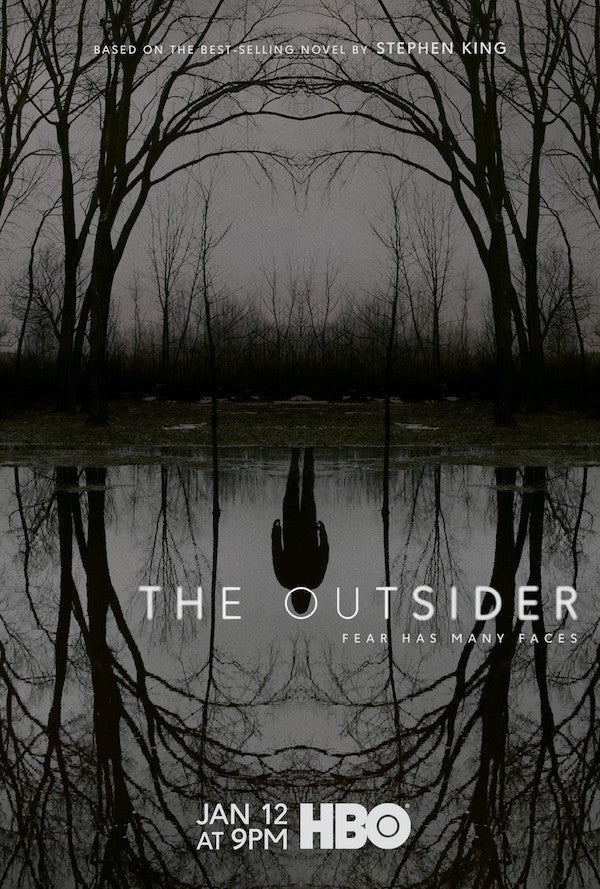 Stephen King Adaptation Dystopian Horror Trailer Released
May 08, 2025
Stephen King Adaptation Dystopian Horror Trailer Released
May 08, 2025 -
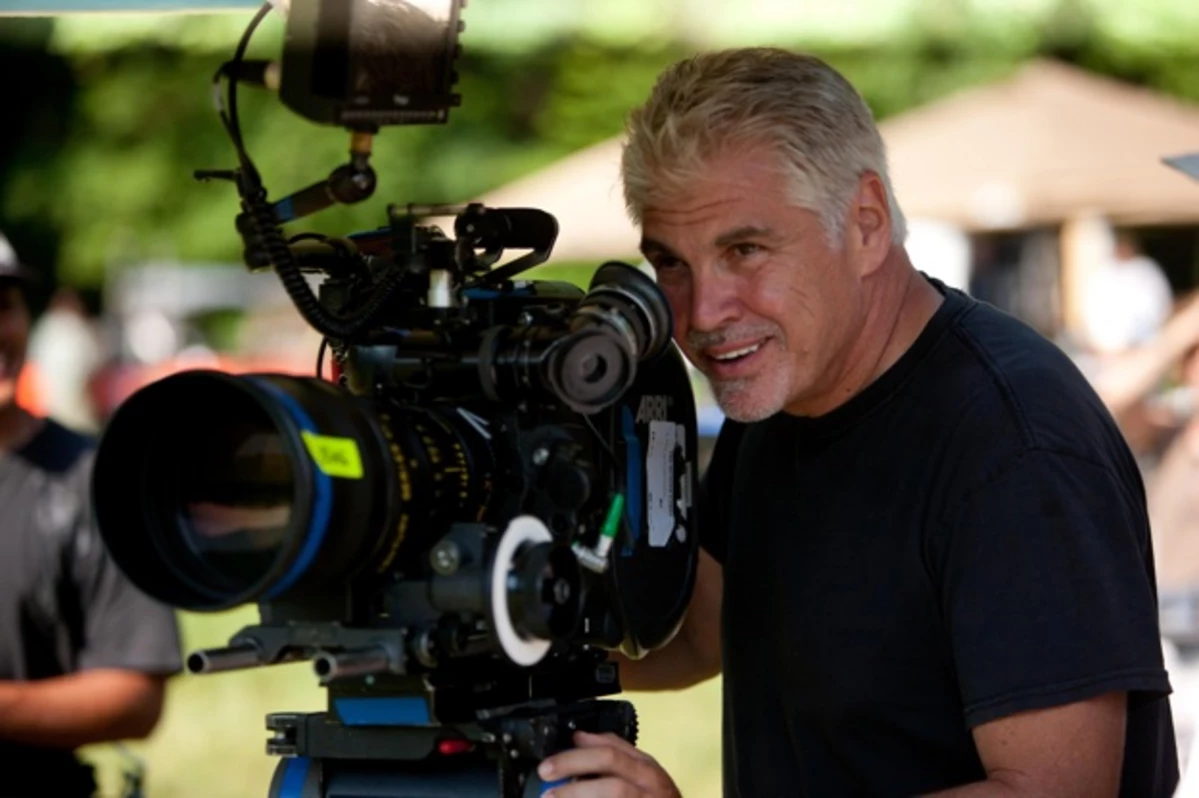 Hunger Games Directors New Film A Contest From Hell
May 08, 2025
Hunger Games Directors New Film A Contest From Hell
May 08, 2025 -
 Thunder Players Public Statements Regarding National Media Coverage
May 08, 2025
Thunder Players Public Statements Regarding National Media Coverage
May 08, 2025 -
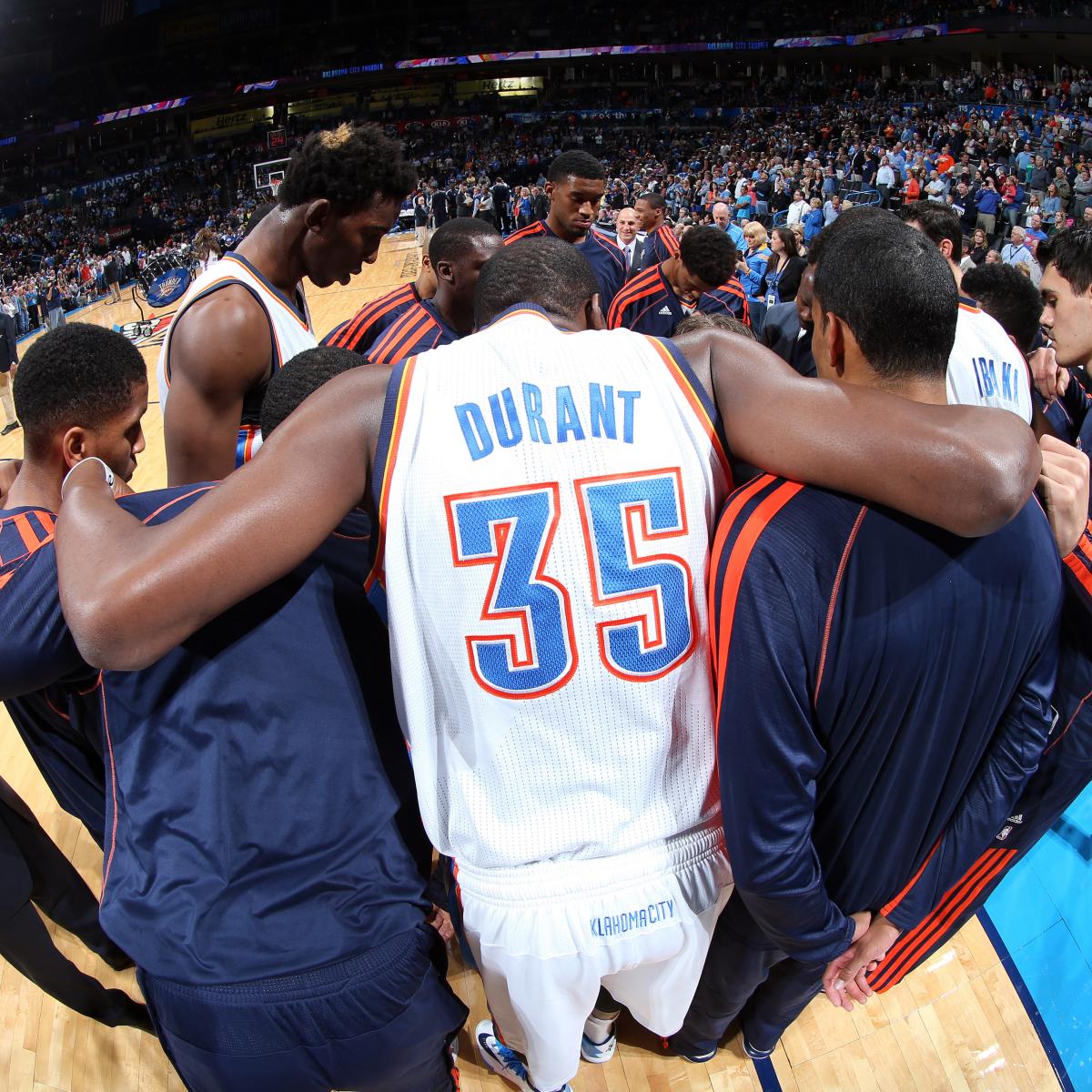 Okc Thunders Public Dispute With National Media Outlets
May 08, 2025
Okc Thunders Public Dispute With National Media Outlets
May 08, 2025 -
 Nba Thunder Players Confront National Media
May 08, 2025
Nba Thunder Players Confront National Media
May 08, 2025
